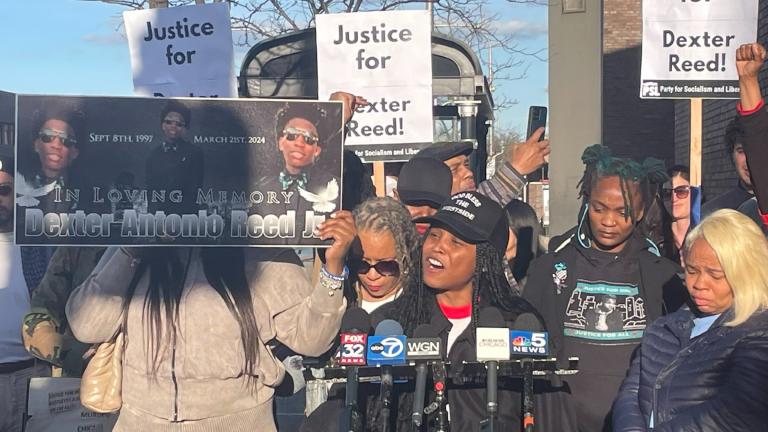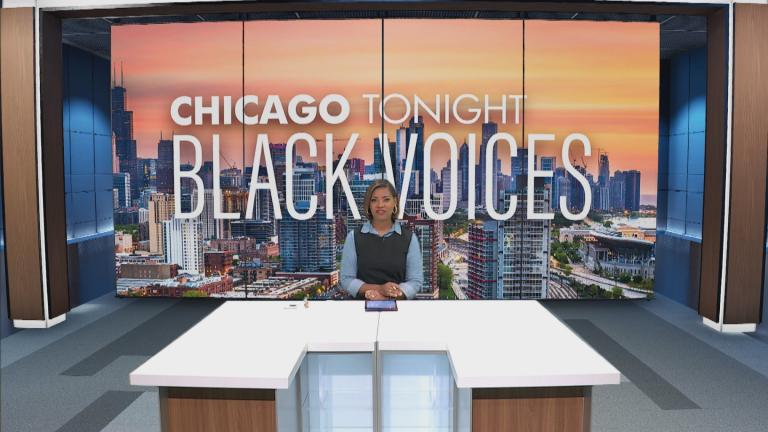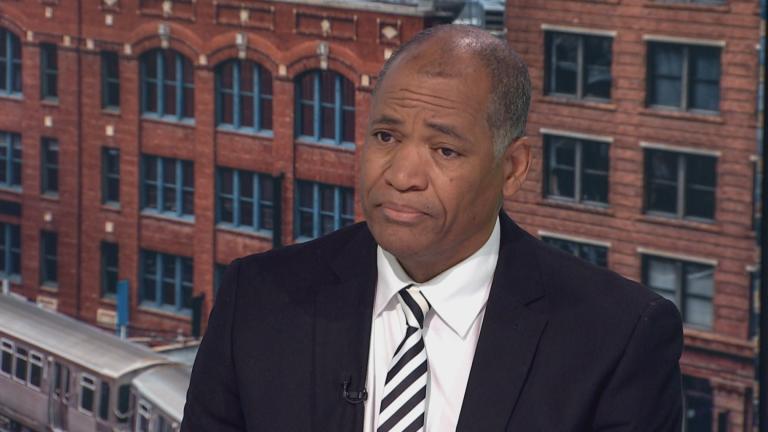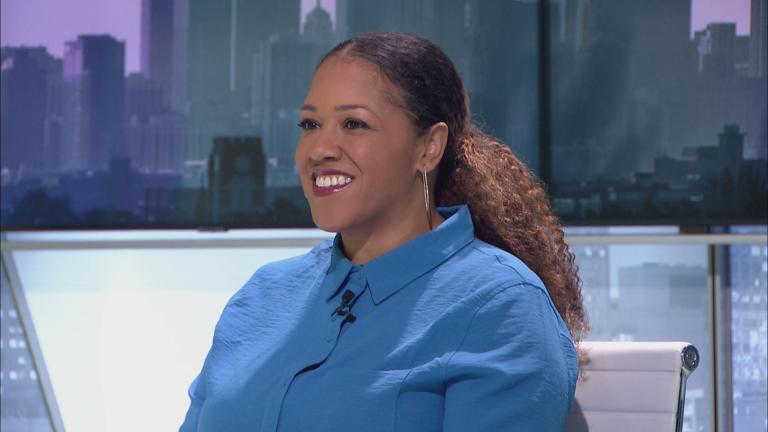As hate crime incidents rise nationwide, Illinois has revived a commission focused on addressing them here at home.
According to the FBI’s latest annual report, there were 8,263 hate crime incidents in the U.S. in 2020. That’s up from 7,314 in 2019 when the country experienced the highest number of hate crimes since 2008. Now the Illinois Commission on Discrimination and Hate Crimes is set to examine how to prevent and address hate crimes across the state.
“The commission’s purpose is really as a convener to pull all the players together that can address hate crimes and our [purposes are] really multi-purpose. One is to make sure we’re getting an accurate counting, make sure people know about us and also know how to report a hate crime when it happens. And then, ultimately, to stop hate before it happens and to try to keep these incidents down as much as we can,” said Jim Bennett, chair of the Illinois Commission on Discrimination & Hate Crimes.
The FBI defines hate crimes as crimes “motivated by prejudice based on race, gender and gender identity, religion, disability, sexual orientations, or ethnicity.”
One of the commission’s goals for 2021 was researching existing law enforcement training standards and programs to recognize a hate crime and pursue it as such.
“The most fundamental thing is being able to identify and make sure that when something does happen that it is identified as a hate crime and letting people know that it’s an enhancement. So it is our responsibility to educate the public when things do happen that actually fall into that category,” said Hazel Crest Police Chief Mitchell Davis, who also serves on the commission.
The U.S. Department of Justice estimates the true number of hate crimes is more than what’s counted by the FBI. Underreporting is another issue the commission is examining.
“There’s a variety of reasons I think people don’t report them or don’t know they should report them,” said Bennett. “They may feel like it’s something, certainly with some groups of people, that they feel like it's something they should just have to accept, which is not the case.”
Davis says sometimes hate crimes are missed or unidentified and therefore go unreported.
“I think the most fundamental reason is on our part, in our profession, is people not having knowledge on what defines a hate crime,” said Davis. “Sometimes it requires additional investigation and additional efforts. So, you know, leadership within organizations have to make sure that first and foremost their members are trained to make sure that they can identify hate crimes and then realize the importance of proceeding with hate crime investigations.”
The commission’s efforts come as Attorney General Kwame Raoul filed the state’s first civil hate crime lawsuit against a mother and son for harassing a Black neighbor by hanging a painted Black dummy resembling the plaintiff from a noose on a tree facing his house
“I commend the attorney general’s office for taking this case on. The law went in place in 2018. This is the first case that the attorney general’s office has taken up,” said Bennett, “I do think it’s a path. Again, it’s a civil path. So we also want to pursue these cases in the criminal site as well, but I do expect it to increase and the AG’s office is sitting on this commission and informing our recommendation, so I was thankful to see. It was an extraordinarily ugly incident and to respond to it from the AG’s office is fantastic.”
Davis says law enforcement can do a better job of addressing hate crimes by showing they care when speaking with victims especially in communities of color.








